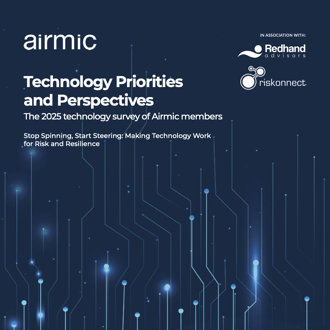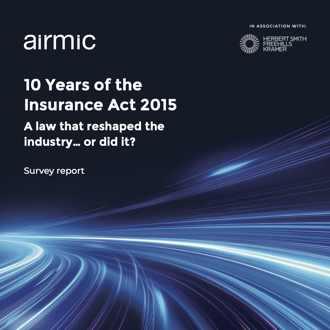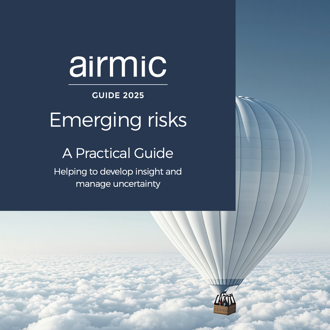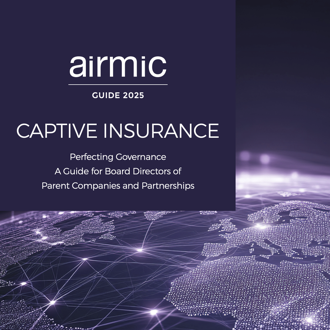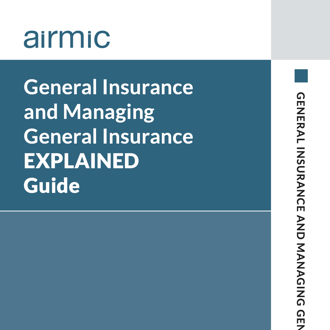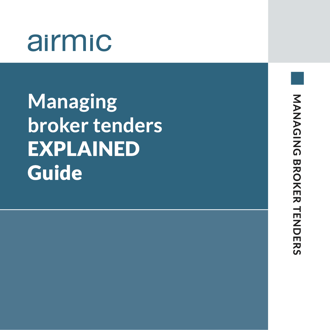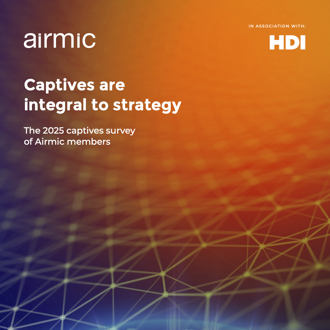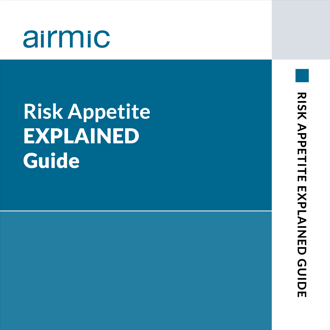Airmic regularly carries out research, and publishes the results in the form of reports, guides and benchmarking documents.
Browse the Technical Library
ACCA and Airmic, together with ACFE, ACi, CISI, ISC2 and the IIA, have unveiled a major global report showing how fraud is mutating faster than organisations can respond.
Date:
18th November 2025
Geopolitics and risk today is much more than just the ‘three Ts’ that have dominated the headlines – Trump, Tariffs, Turmoil. Risk professionals need to focus on what really matters for the organisation’s purpose. What can they do?
Date:
10th June 2025
The first survey of Airmic members which offers an insightful view into how UK risk professionals are using technology. The results reflect a profession that is evolving, and optimistic and ambitious about the potential of modern systems and innovation.
Date:
10th June 2025
This year marks the 10-year anniversary of the Insurance Act 2015 receiving royal assent. To see what impact the Act has had on both the placement of policies and the handling of claims from the policyholder perspective, we conducted a survey among risk managers.
Date:
10th June 2025
This guide aims to provide users with insights, analysis, tools, techniques and strategies to help with the management of emerging risks, however these are defined in the risk management system and taxonomy of an organisation.
Date:
10th June 2025
This provides a guide for directors to the advantages and potential pitfalls associated with the creation and running of captive insurance companies. We examine this issue principally from the perspective of the parent company or partnership board.
Date:
10th June 2025
This guide describes how a business can identify the general insurance it needs and how to buy this cost-effectively. It will discuss the role of the insurer, insurance broker and other stakeholders in the process, and what they will expect from the business.
Date:
10th June 2025
Choosing an insurance broker is an important decision in the purchase of insurance. This guide is designed to offer advice on the process of running a tender for services and negotiating a contract with a broker.
Date:
10th June 2025
Captives are now a mainstream part of an agile, intelligent and resilient risk financing strategy. The use of captives for the incubation of emerging risks, blended catastrophe covers and sustainability projects is directly aligning the use of captives to the strategies of organisations.
Date:
5th March 2025
Risk appetite is an inherent part of human decision-making and should be considered explicitly when comparing the potential outcomes of decision alternatives. It plays a key role in the way reasonable assurance over the adequacy of risk management is formed and communicated to the Board.
Date:
11th December 2024



